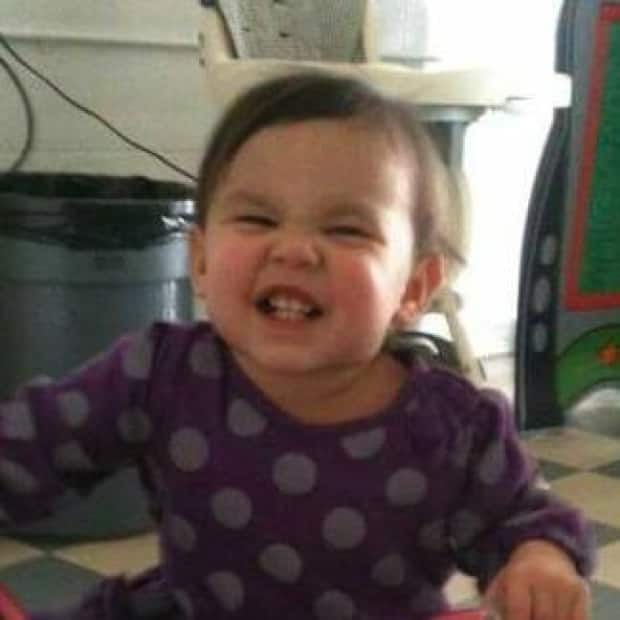Social worker, investigator involved in Serenity's kinship case felt rushed, inquiry hears

The specialized investigator, who decided allegations of child abuse in a kinship care home where four-year-old Serenity lived were unfounded, testified Tuesday that she regrets cutting her investigation short.
Serenity died in September 2014 after sustaining a head injury at the home of her great aunt and uncle where she and her older brother and sister were placed under a kinship care arrangement— an alternative to foster care in Alberta — in April 2013.
Serenity's death, and the bruised and emaciated state of her body when she was admitted to hospital, prompted a firestorm of media and public criticism that led to changes to Alberta's child welfare policies.
At one point the great aunt and uncle faced a failure to provide the necessaries of life charge, but that was stayed in 2019 when prosecutors said there was no chance of conviction.
A public fatality inquiry got underway earlier this month, and is hearing testimony from a number of workers involved with Serenity and her caregivers, including Katherine Tippe, an investigator tasked to look into allegations made by Serenity's biological mother and two other people in July 2013 that Serenity and her siblings were malnourished and being mistreated in the home.
Provincial Court Judge Renée Cochard, who is overseeing the inquiry, asked Tippe if she wishes she would have pushed back against her boss who told her to wrap up her investigation in order to keep to a 60-day timeline.
"Do you regret that?" Cochard asked.
"I do," Tippe replied, breaking down in tears.
Tippe interviewed the children at a community centre. She never visited the home despite an aspect of the complaints being that the yard was full of junk and unsafe for children.

She said it was difficult to arrange a time to interview the caregivers because the great uncle was working so she settled for only speaking to the great aunt.
Lawyer Michael McVey asked Tippe why she didn't insist the great uncle attend or go to him.
"I can't force another human being to do something," Tippe said.
Tippe told court that during the interviews nothing came up that made her concerned that the children were being harmed or that the home was unsafe.
Under questioning by McVey she acknowledged she didn't ask any of the children if they had ever been hit, didn't specifically ask if they had to sneak food, and didn't speak to any of the people who raised concerns about the children.
Tippe said after speaking to the children's physician, her only concern was that Serenity attend a scheduled pediatrician appointment in October 2013 where she was referred because of her weight loss.
She closed her investigation prior to that appointment taking place at the request of her manager.
'Red flags'
The social worker contracted to complete an assessment to determine if the aunt and uncle's home was appropriate for Serenity and her siblings to move into in spring 2013 also testified Tuesday, telling court she was pressured to rush the process despite noticing "red flags."
Terri Boyce said looking back now she wouldn't have approved the placement given that she was missing documents including criminal record checks for adult children who stayed in the home, and given that the great uncle refused to participate in the assessment process.
"I was very much an intruder . . . he didn't want me there," she said.
Boyce also said the less thorough assessment tool she used for the family was allowed at the time and was thought to be less intrusive and culturally insensitive to Indigenous families than the more invasive model now used for all cases.
The inquiry is scheduled to run until Sept. 21.

